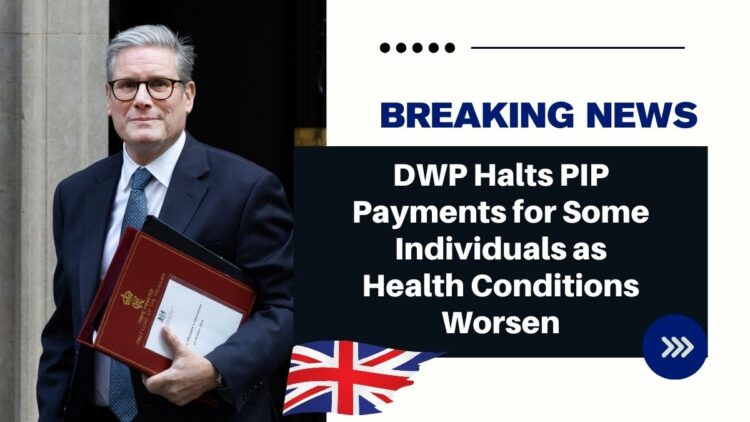The Department for Work and Pensions (DWP) is facing strong public and political backlash for cutting Personal Independence Payments (PIP) for claimants whose health conditions have worsened. Despite providing updated medical evidence, some individuals have seen their PIP benefits reduced or completely removed, raising serious concerns about fairness and accountability.
Allegations of Arbitrary Decisions and Hostile Treatment
Labour MP Alison Hume recently voiced her disapproval in the House of Commons, stating:
“Too often, the DWP acts as if it is in conflict with those it should be supporting. It frequently fails our most vulnerable and typically faces no consequences.”
She described PIP decisions as “completely arbitrary”, suggesting a troubling pattern within the system. Hume also criticized the internal culture of the DWP, claiming it has a “hostile attitude toward disabled people.”
Distressing Example Sparks Outrage
Highlighting the issue, Hume shared a real-life case:
In May, a man reported a significant decline in his health and submitted new medical evidence seeking a higher rate of PIP. Instead of receiving additional support, his PIP was completely withdrawn, leaving him without income or vital care assistance.
Hume said this decision felt like “pieces of an individual’s life being stripped away,” pointing to the emotional and financial devastation such rulings cause.
DWP Responds to Allegations
In response, a DWP spokesperson stated:
“We were not given the specific details of this case, but we evaluate all available evidence when making decisions. Individuals have the right to challenge decisions and submit further information.”
The department added it is currently reforming the welfare system, aiming to balance support into employment with long-term financial sustainability.
Furthermore, the spokesperson emphasized that disabled individuals will be central to a ministerial review of the PIP assessment process. The DWP aims to work with representative organisations to ensure the system is fair and effective going forward.
Understanding PIP: Current Payment Structure
The Personal Independence Payment (PIP) provides financial support for individuals who face difficulties with daily living tasks or mobility due to physical or mental health conditions.
Here’s a breakdown of weekly PIP rates:
| Component | Lower Rate | Higher Rate |
|---|---|---|
| Daily Living | £73.90 | £110.40 |
| Mobility | £29.20 | £77.00 |
- PIP is tax-free and unaffected by income or savings.
- Eligibility depends entirely on the level of difficulty the individual experiences, not on their diagnosis alone.
Conclusion
The growing discontent over how the DWP administers PIP assessments and decisions reflects deeper systemic issues. With cases emerging where individuals lose essential support after reporting worsening conditions, the need for reform is urgent. While the DWP promises change through ministerial reviews and collaboration, many await immediate, tangible improvements to prevent further hardship for vulnerable citizens.
FAQs
1. What is Personal Independence Payment (PIP)?
PIP is a benefit provided by the Department for Work and Pensions to help with extra costs for individuals with long-term disabilities or health conditions that affect their daily living or mobility.
2. Can the DWP reduce or stop my PIP if my condition worsens?
Yes, surprisingly, in some reported cases, PIP has been reduced or removed even after health deterioration. This often happens during reassessment, which is why it’s crucial to submit strong, updated medical evidence and be prepared to appeal if necessary.
3. How do I challenge a PIP decision?
You can request a Mandatory Reconsideration first. If the decision remains unchanged, you can then appeal to an independent tribunal. It is recommended to seek help from a welfare advisor or disability charity during this process.
4. Is PIP affected by income or savings?
No, PIP is a non-means-tested benefit. Your income, savings, or employment status do not impact your eligibility or the amount you receive.
5. What reforms are being made to the PIP system?
The DWP has announced a ministerial review of the PIP assessment process, aiming to make it fairer and more supportive. They plan to collaborate with disabled people and advocacy organisations to shape future improvements.

